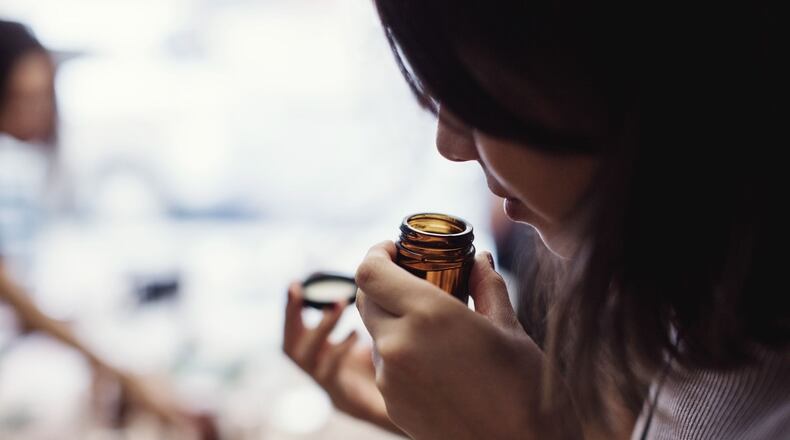The JAMA study looked at 219 patients with long COVID and neurologic symptoms, 64% of whom had olfactory dysfunction, which is the reduced or distorted ability to smell. The study saw the highest prevalence for olfactory dysfunction among women, adults, and outpatients.
The study found that patients with olfactory dysfunction may develop severe olfactory loss—such as hyposmia, a decreased sense of smell, or anosmia, a partial or full loss of sense of smell—and it may persist for more than one year after the onset of symptoms, suggesting that olfactory dysfunction may become permanent in patients with long COVID. The study also found patients with olfactory dysfunction also typically had long periods of long COVID symptoms.
The sense of smell can help people better enjoy flavor, avoid toxic food, and also alert them to danger through the smell of smoke or a gas leak, but those with long COVID are having to adjust to ongoing symptoms of a lost sense of smell.
The loss taste and smell were some of the early indicators doctors had previously noted about COVID-19 that differentiated the virus from the flu or colds. Dr. Joseph Allen, regional medical director at Premier Health, said some of the newer COVID variants have gotten away from this symptom, but it is still a factor among a significant portion of long COVID sufferers.
“It’s different from what they expect,” Allen said. He described one individual who now experiences a metallic taste with foods he used to like. “It’s a change or a disruption in their smell or taste.”
Typically, patients’ senses of smell and taste recover within six to 12 months, he said. For long COVID sufferers who have not yet regained their sense of smell or taste, they are left having to adjust to their new norms as adequate therapies or treatments are not yet available.
“We haven’t found anything that’s been particularly effective yet,” Allen said. He said, before COVID-19, doctors would sometimes treat lost senses of taste and smell with steroids, which would not always have an effect on improving those symptoms for the patient.
For those who have to adjust, Allen said the changes to day-to-day life may be centered around making dietary changes. For those who have not recovered their full sense of taste, doctors work with those patients to make sure they are getting enough nutrition.
About the Author

